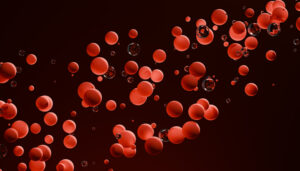While the U.S. FDA has approved the use of pathogen reduction (PR) technologies for platelets and plasma, it has not approved any PR technologies for RBCs. Previously, a Phase 3 clinical trial for the amustaline/glutathione (GSH) PR system was halted when antibodies specific to acridine (a by-product of amustaline) were found in patients. Recently, results from a new Phase 3 randomized clinical trial were published aiming to explore the clinical significance of treatment-related antibodies specific to a modified GSH PR process. The Red Cell Pathogen Inactivation (ReCePI) trial randomized 581 patients undergoing cardiac or thoracic-aorta surgery at 18 U.S. surgical centers. Up to seven days post-surgery, 159 and 162 patients had been transfused with PR-RBCs or conventional, leukocyte reduced RBCs, respectively. Using a monoclonal antibody capable of detecting acridine on PR-RBCs, researchers found that 3% (5/159) patients in the PR-RBC arm had developed low titer IgG antibodies to acridine 28 to 80 days post-surgery. No antibodies to acridine were found in the 162 patients in the control arm. However, no evidence of hemolysis nor a secondary immune response was found in the five patients with GSH antibodies even though flow cytometry analysis showed persistent, circulating PR-RBCs with minimal surface acridine expression. Further research is needed to explore PR technologies for RBCs.
Reference:

